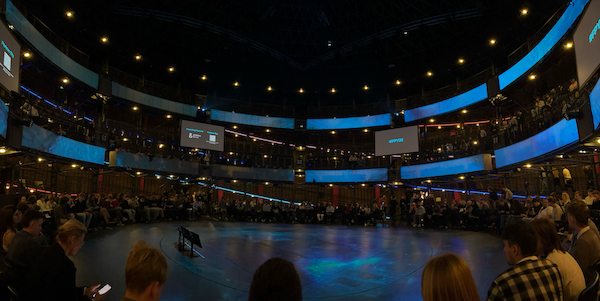Planeta AI
At Green:Code, we believe that technology—and the ideas around it— takes many forms, and that it matters to talk about it not just technically but humanly. That’s why our blog gives space to different voices, angles, and styles. This article by Václav Javanský looks at the Planeta AI conference through a different lens—poetic, wide-angled, and above all respectful of the people who work with AI every day.
When the Planetarium goes dark, darkness doesn’t arrive—focus does. That brief murmur before the first word is a neat definition of today’s AI: it’s here, waiting for direction. At Planeta AI, I felt the vocabulary shift. Instead of “hype” and “magic,” the room spoke about governance, responsibility, and return. We leave miracles to magicians. We’re here to deliver.
“There’s no point in being afraid of AI. You need courage,” said Tomáš Sedláček. Nice on a banner—mainly a commitment. Courage isn’t being the first to shove yet another tool into production. Courage is admitting that work, relationships, and skills are changing—and that not every “wow” equals value. You can look up to the stars, but for navigation one is enough, if you understand the map.
Michal Pěchouček sketched that map without romance. Work is changing faster than release notes. What we laughed at not long ago as a Friday TED talk — double-digit percentages of code generated by AI tools—is now standard. Consequences are concrete: we plan capacity differently, safeguard quality differently, lead people differently. The programmer moves from “how to write” to the conductor of “how to lead.” An orchestra of models can sound great, but without a score it’s just an expensive jam session. That score has four lines: governance, security, data hygiene, and business sense.
Jan Romportl added the image of a shepherd of models. It sounds biblical, it’s practical. Less heroics, more care. Less “me and my AI PR,” more quiet craft. The ego steps off center stage. Instead of proving how clever we are, we do less conjuring—in data, in expectations, in metrics. A shepherd doesn’t program a sheep to run straight; he understands the flock and the terrain. That’s precisely what awaits us with models.
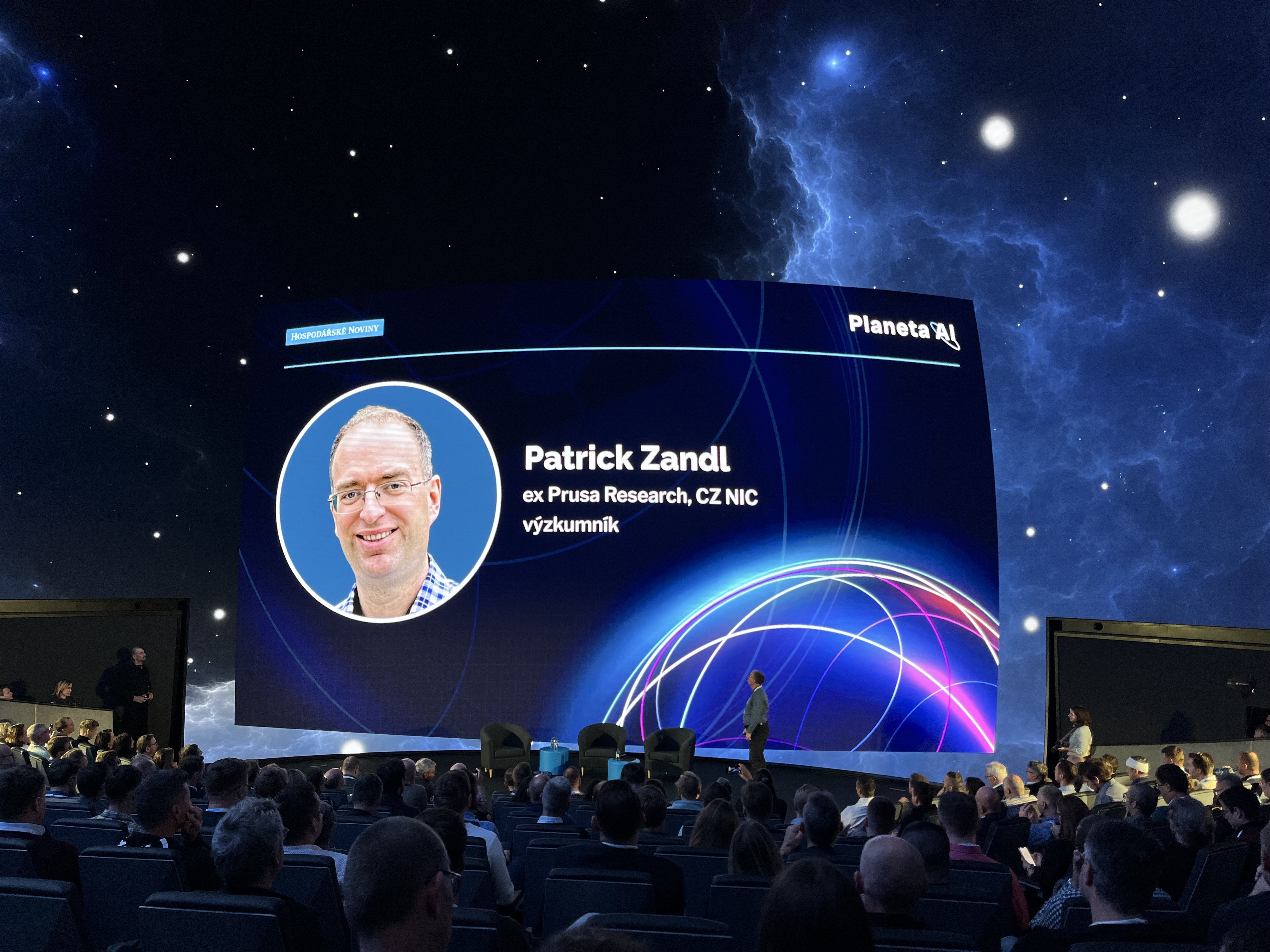
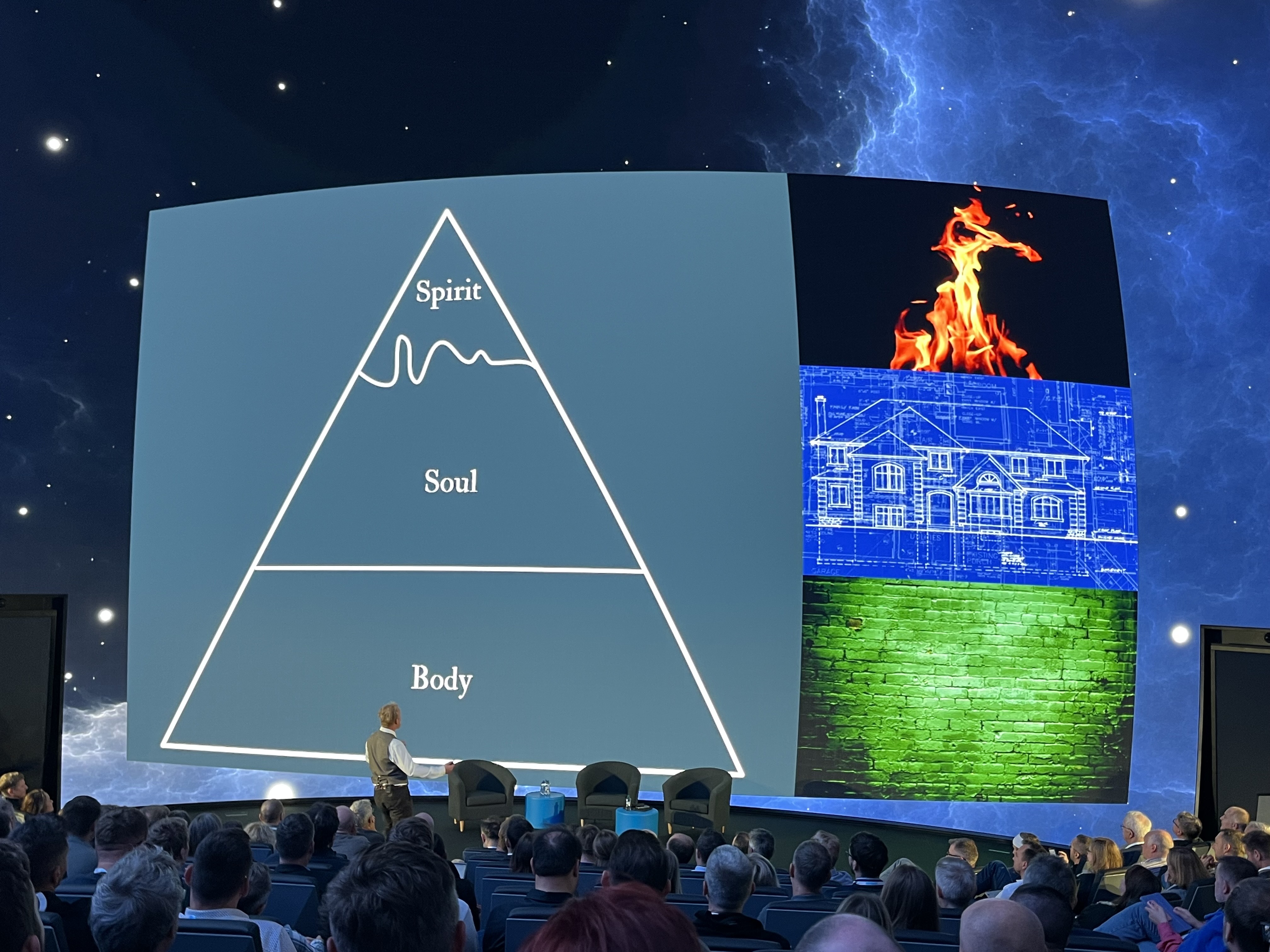
And then the gravity of practice. Rohlík—the world where AI senses your toothpaste will run out before your patience does. Alza—robots can shake hands and hug, but without considered AI, mountains of data become panic in spreadsheets. SpaceKnow—reading Earth from orbit, if we ask the right questions: not “what’s new on Mars?” but “how many cars left the factories yesterday?” Rossum—the power of specialization that takes the drudgery out of accounting and leaves the meaning in. These aren’t special effects. They’re habits.
Now for the everyday ethics. Governance isn’t a penalty box for innovators; it’s a racer’s helmet. The AI Act isn’t a wet blanket; it’s a guarantee the game will still be played next season. Auditability, data lineage, human-in-the-loop—these don’t slow creativity. They prevent a fall. Accept that, and paradoxically you speed up.
The big players fit the mosaic, too. Microsoft didn’t bring a magic box, but the steps that separate an endless pilot from adoption: safe AI for people, a measured capacity gap, a clear AI task force. The opposite of the beloved “we’ll somehow manage it in Q4.” Vodafone and Komerční banka showed usefulness wherever there are questions and data. TV Nova reminded us the final word is still the human’s. Siemens added industrial sobriety: holding parameters sometimes matters more than writing the prettiest prompt. This isn’t hype. It’s maturity.
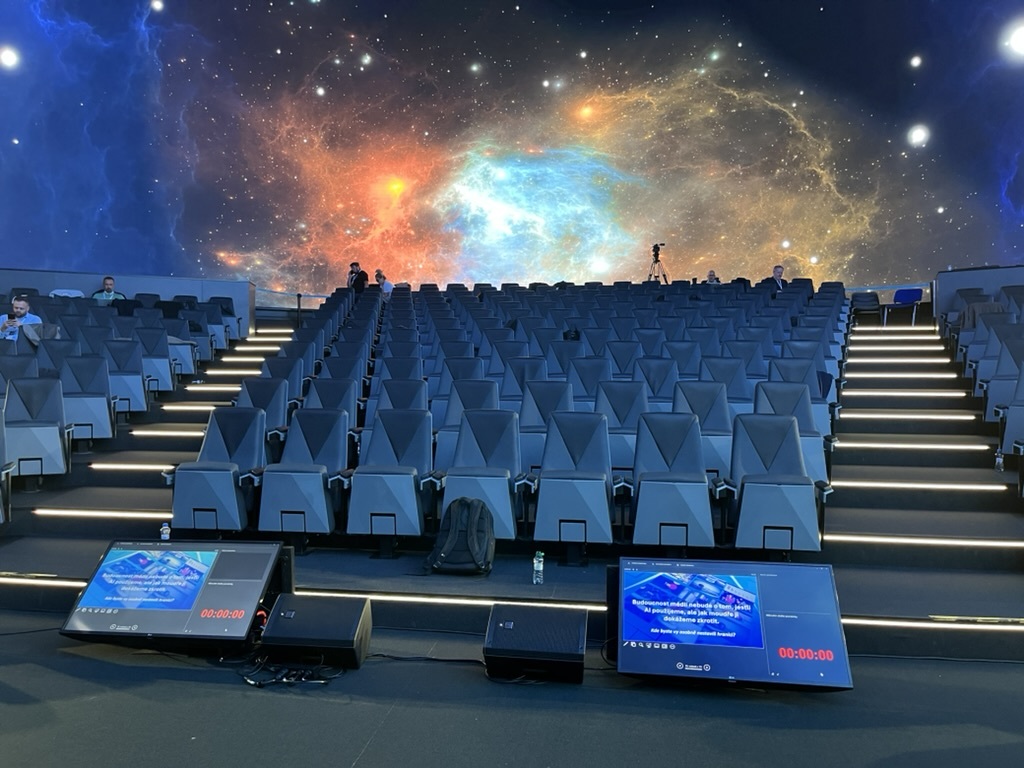
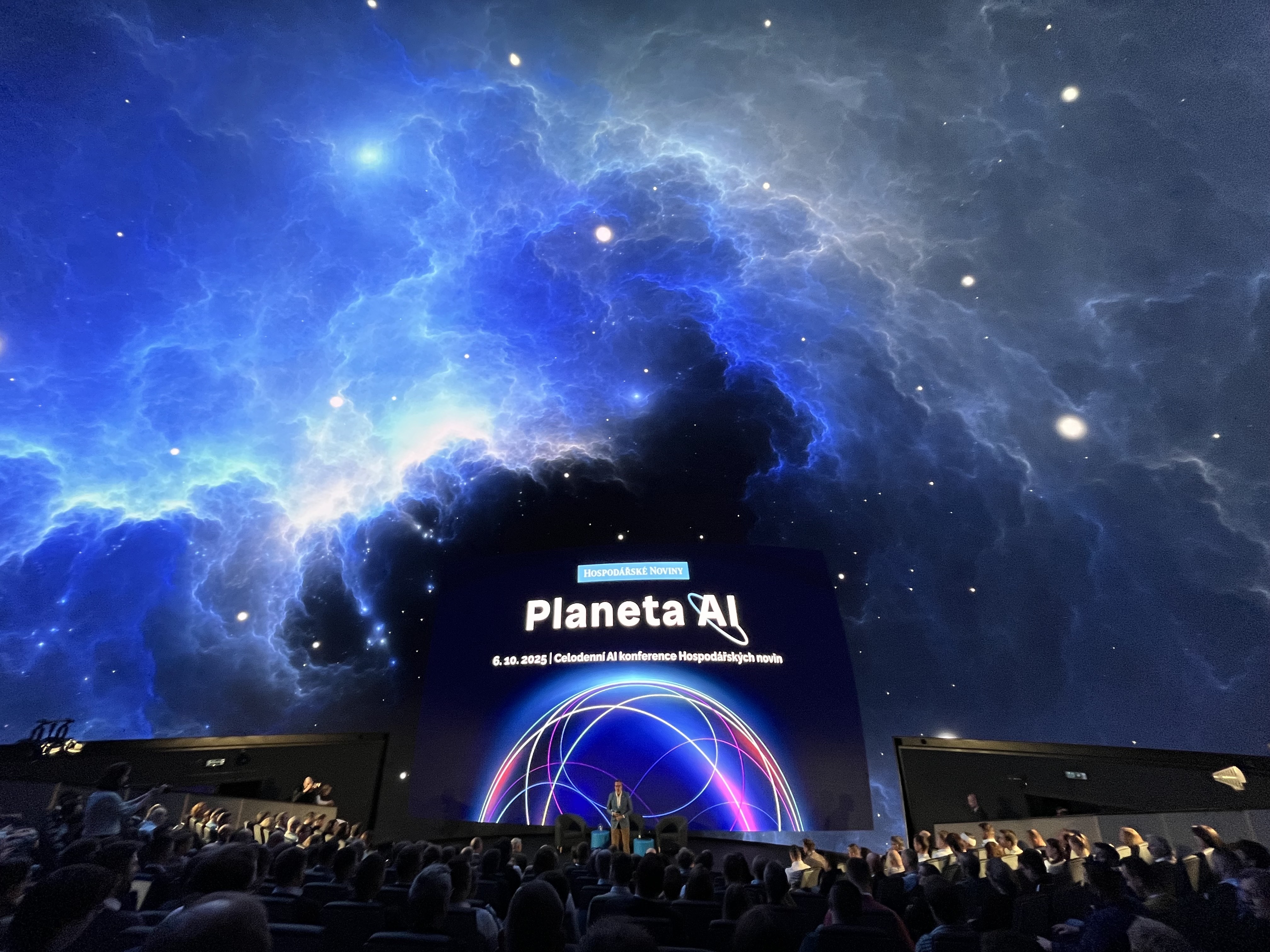
What should you take into Monday morning? Start with boundaries: if you know which data you don’t want, you’ll grasp faster which ones you need. Run a small loop with visible impact: one process, one metric, a human in the loop, ship, measure, iterate. Stay alert. The biggest risk is complacency—the moment we get used to AI and stop asking questions. Better questions often beat faster GPUs.
And people? Always people. AI is a magnifying glass. Chaos becomes bigger chaos; a good culture gets better. Leadership that sets goals and gives fair feedback turns AI into leverage. Leadership that wields a whip instead of goals turns AI into another source of bitterness. At Planeta AI we heard less about “magic” and more about “a new way of working.” That’s good news.
Next time the dome lights up and the stars slide across the walls, try saying “aha” instead of “wow.” Add a quiet “let’s go.” The hype is over. Game on.
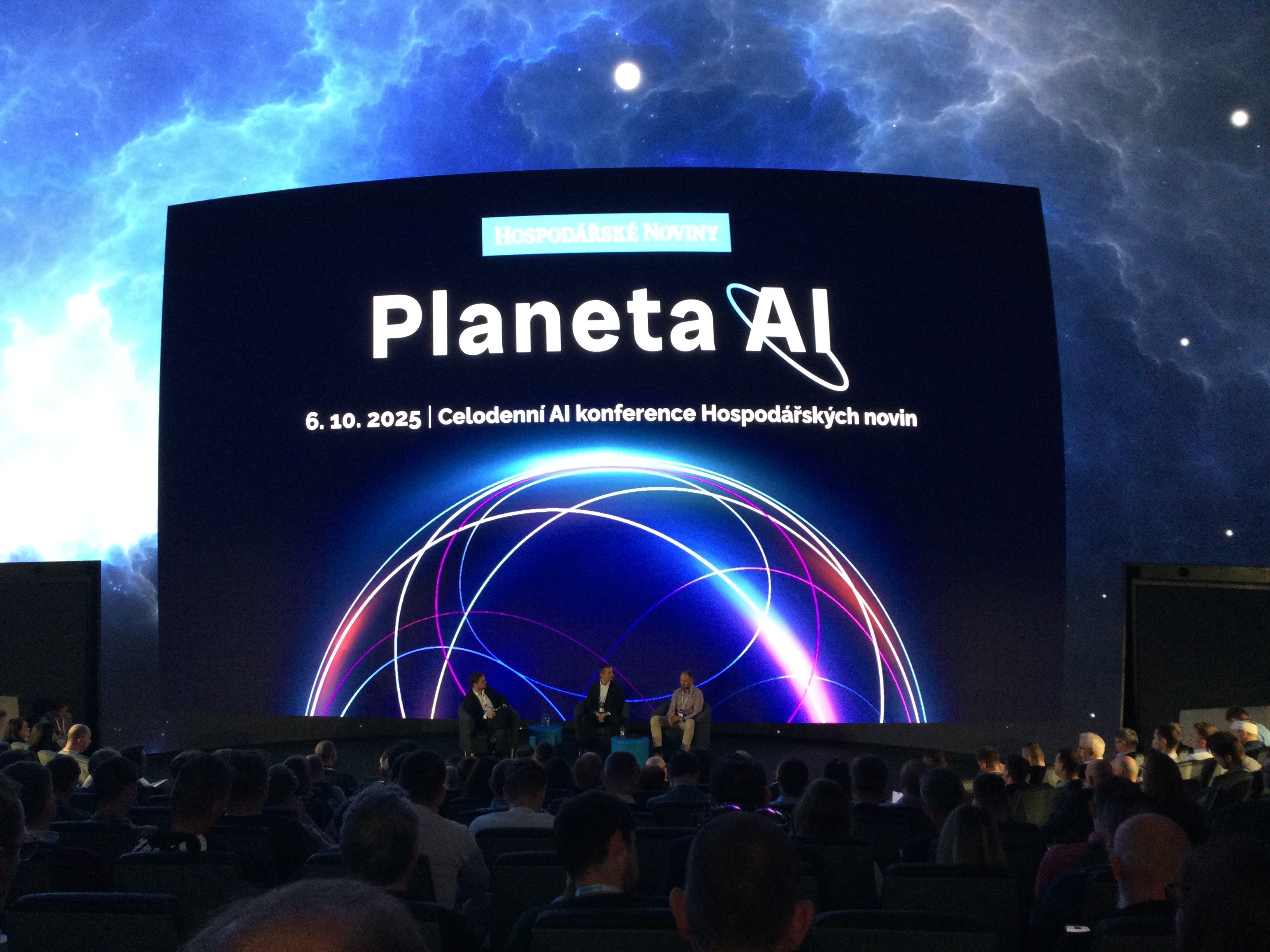

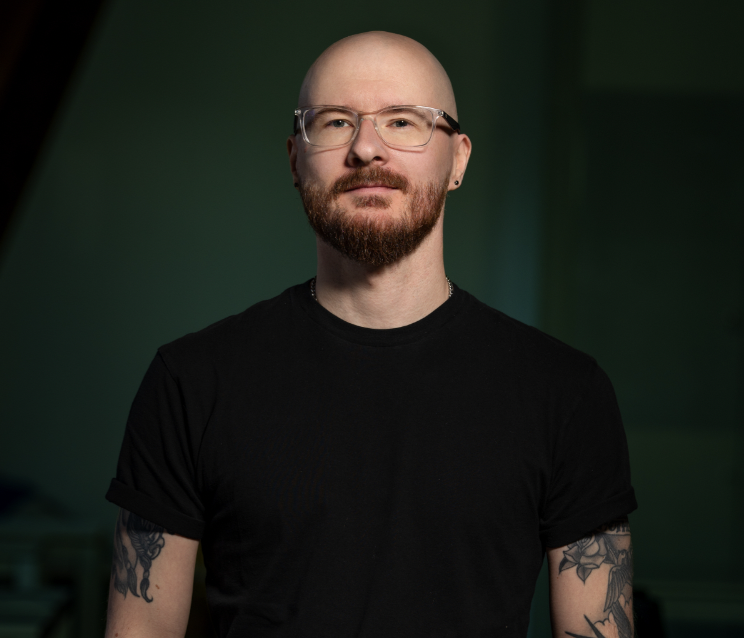
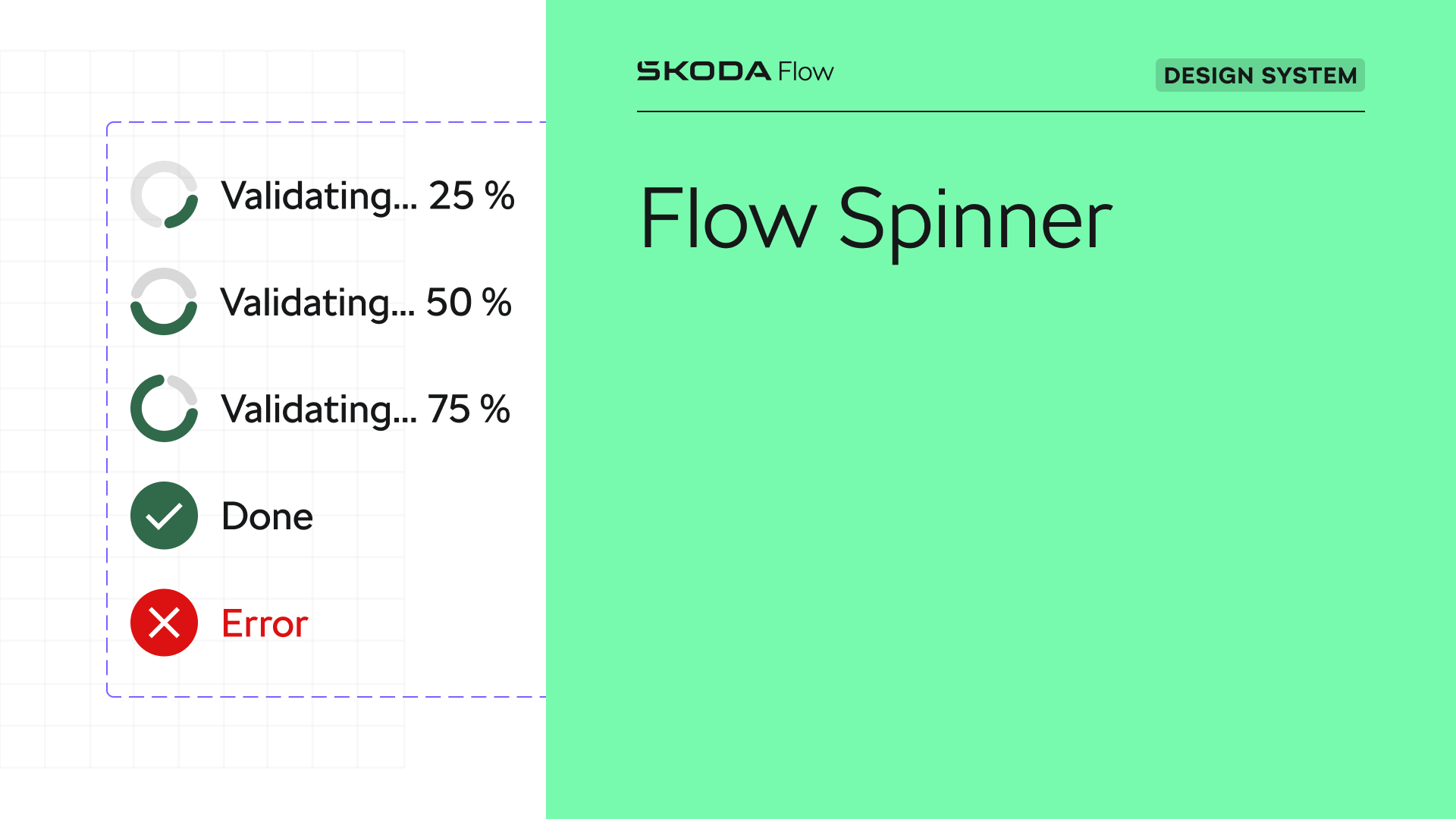
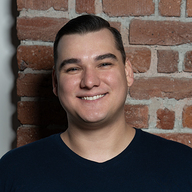
.jpg)

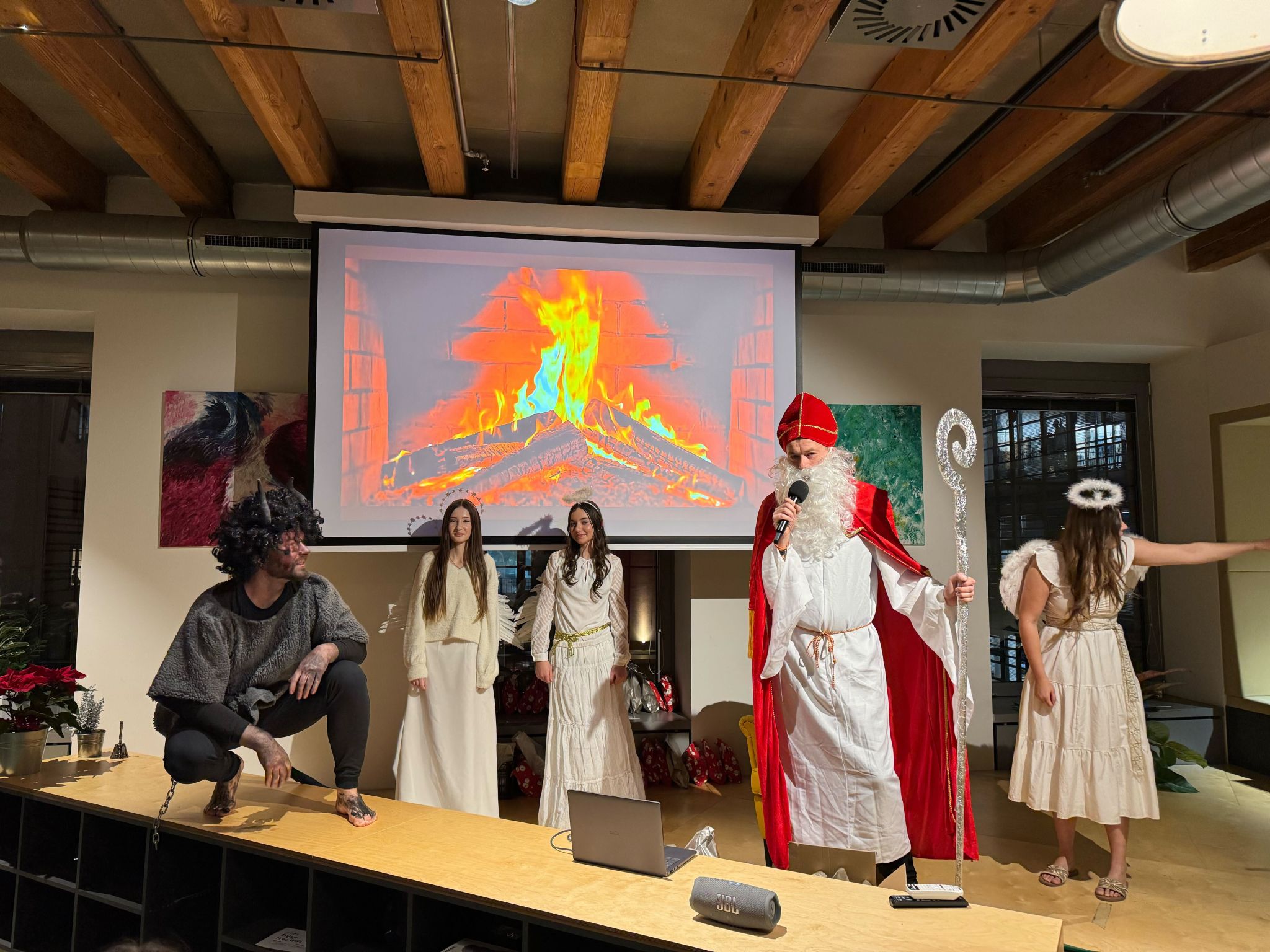

.jpg)

.jpg)

